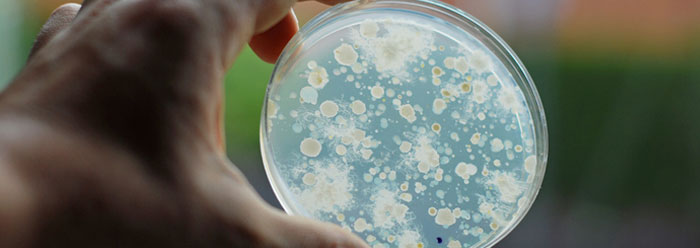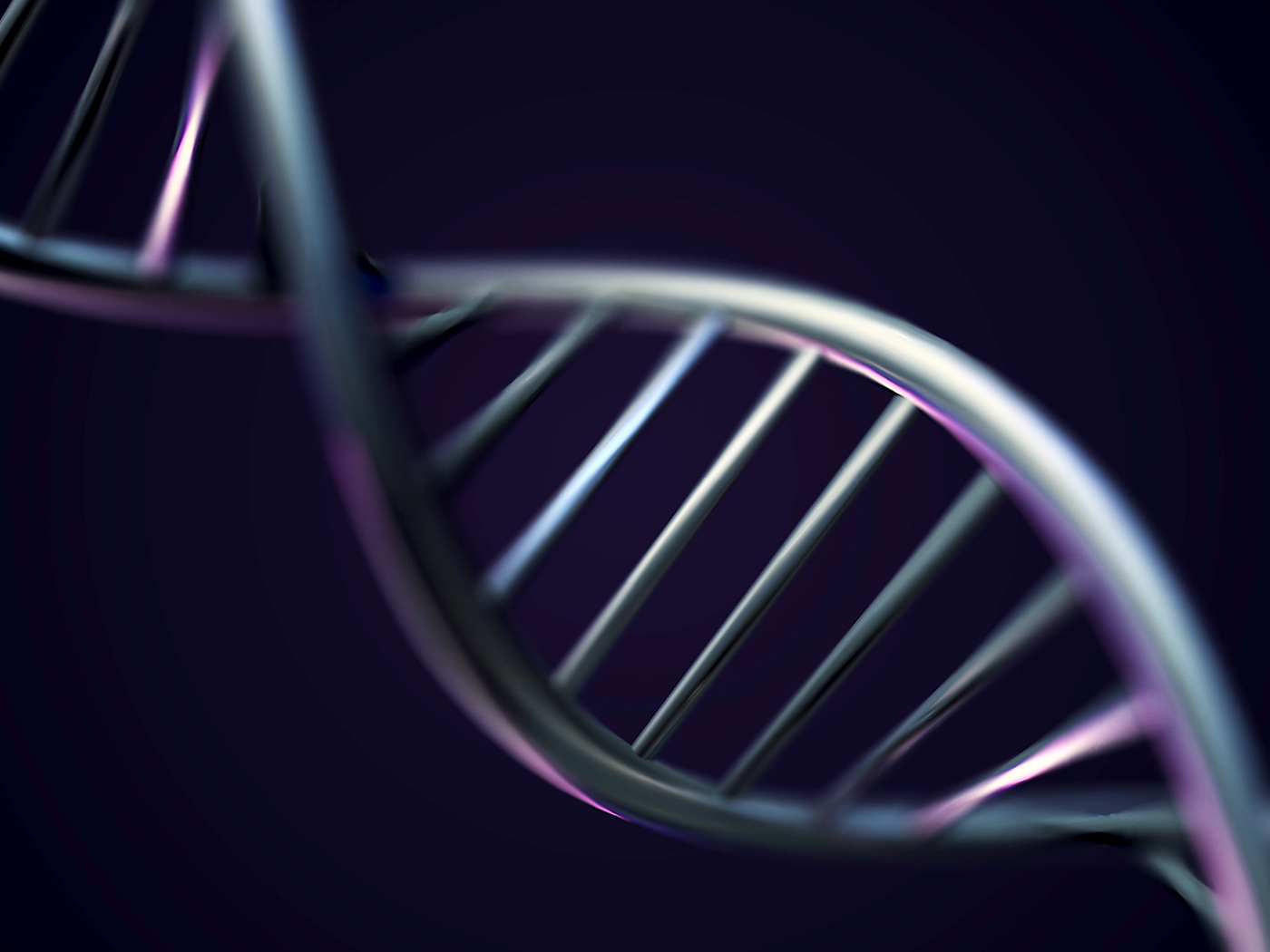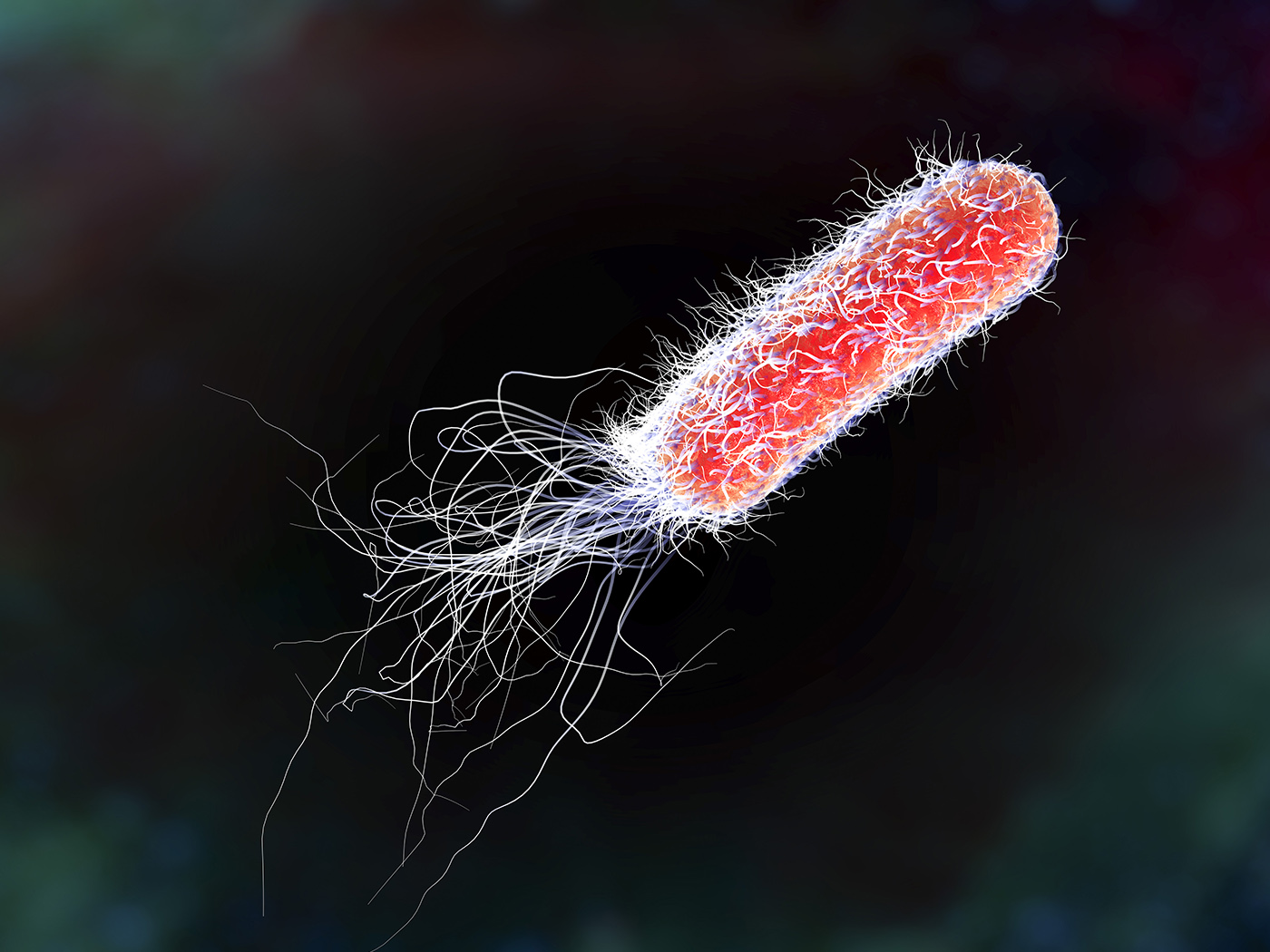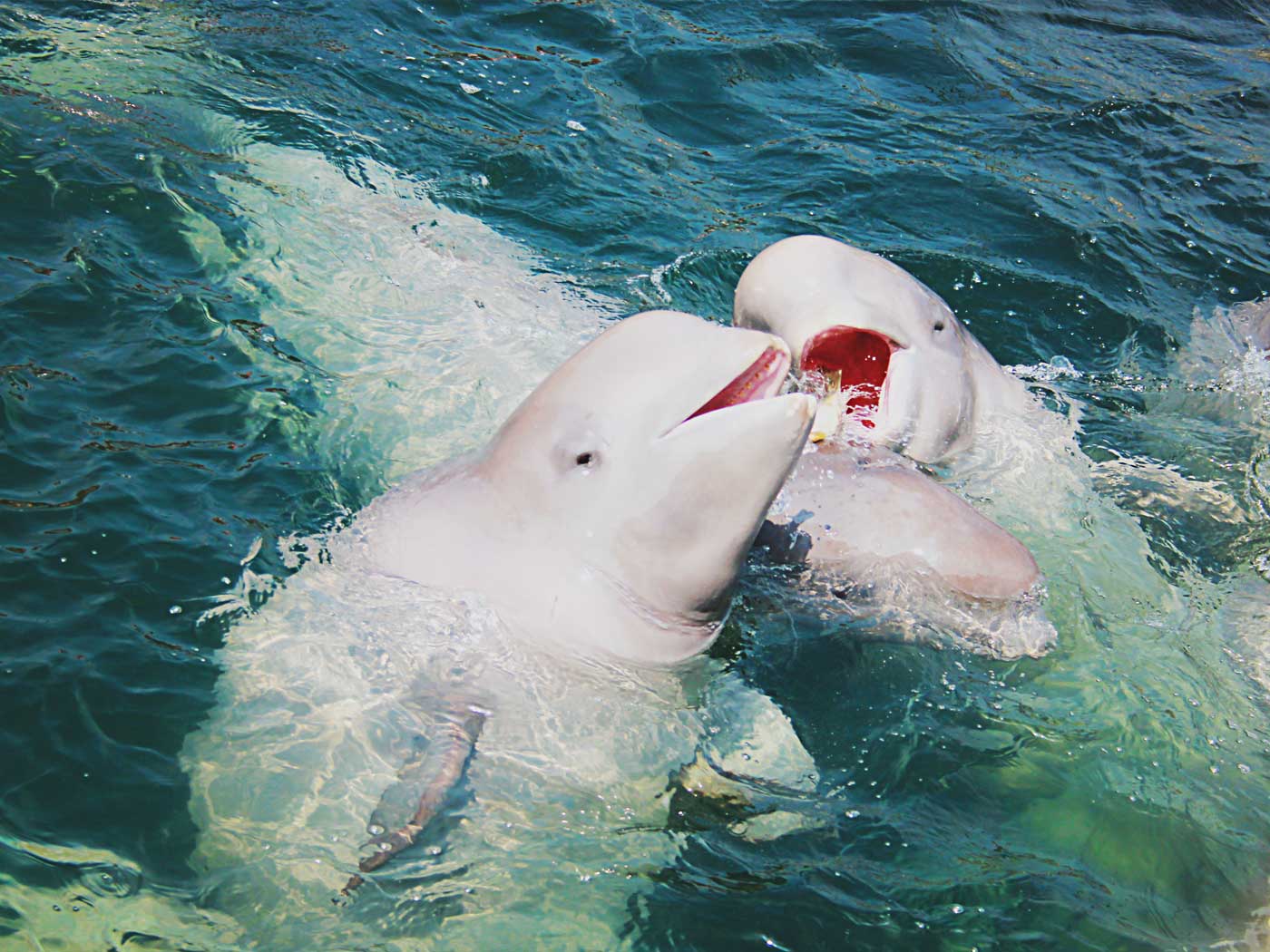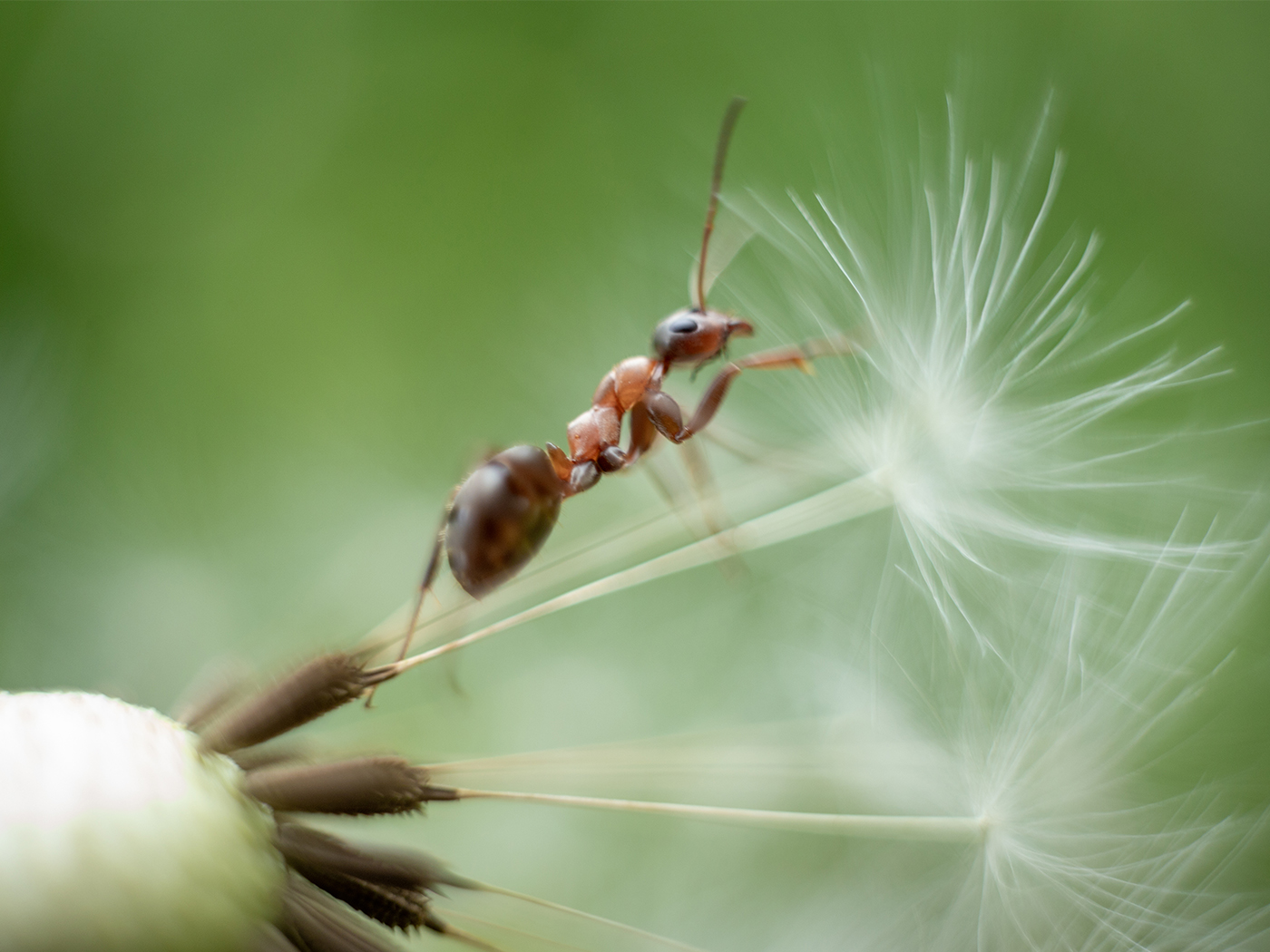Altruism is a real mystery for those who believe in a world ruled by "survival of the fittest." If perpetuation of one's genes is a biological imperative, why would any creature sacrifice its resources or even its life in order to help others? And yet the natural world offers many examples of just this kind of behavior.
As summarized by biologists Marcy Uyenoyama and Marcus Feldman in the book Keywords in Evolutionary Biology, "The evolution by natural selection of any trait requires that it increase the contribution of its carriers to future generations."1 Therefore, if an individual helps others contribute to the next generation at the expense of itself, it cannot participate in evolution because it fails to meet natural selection's requirement.
People can show genuine altruism, as in the case of American soldiers who give up their lives to protect other Americans' freedom to live (and pass on their genes). A recent study even found altruistic behavior in tiny plant-eating aphids, some of which extrude their own guts to build makeshift walls to protect their compatriots.2 And now one of the tiniest forms of life has been found to possess this puzzling trait.
It is well known that bacteria grow very rapidly and endure myriad environmental challenges. They have been equipped to survive or even thrive in hot springs, in deep sea vents, in nylon chemical waste,3 in oil spills,4 and on gold nuggets.5 Their hardiness is partly due to biochemical machinery that manages potentially harmful chemicals, including antibiotics.6
Bacteria were built to survive. But are they really programmed to propagate only themselves? Scientists have known that these organisms can transfer the genetic blueprints for some of their antibiotic-resistant mechanisms between different species. This seems designed to increase the chances of multiple populations to survive, not just those of individuals.
But what was unknown until now is that sometimes a few antibiotic-resistant individuals in a population of bacteria can help its many, and more vulnerable, neighbors. In a study published in Nature, Boston area researchers stated, "The few highly resistant mutants improve the survival of the population's less resistant constituents, in part by producing indole, a signalling [sic] molecule."7
This molecule alerts nearby cells to activate systems that reject the antibiotic chemical, and this increases their survival. But if those altruistic individuals carrying the mutation that makes them resistant were participating in evolution as described above by Uyenoyama and Feldman, shouldn't they only help themselves to survive and procreate?
ScienceNOW said about this research: "The mutants did not need to produce indole to survive. They were simply working for the greater good."8 It looks like these and other creatures--from some of the largest down to the very smallest--have been outfitted by Someone who understood the value of selflessness. These altruistic features, wherever they are found, defy an evolutionary explanation, but fit perfectly with the biblical account of origins.
References
- Uyenoyama M. K. and M. W. Feldman.1992. Altruism: Some Theoretical Ambiguities. In Keywords in Evolutionary Biology. Keller, E. F. and E. A. Lloyd, eds. Cambridge, MA: Harvard University Press, 37.
- Thomas, B. Altruistic Aphids, an Evolutionary Anomaly. ICR News. Posted on icr.org March 17, 2009, accessed September 8, 2010.
- Thomas, B. Nylon-eating Bacteria and Evolutionary Progress. ICR News. Posted on icr.org August 25, 2008, accessed September 8, 2010.
- Thomas, B. Oil-eating Bacteria Are Cleaning Up Gulf. ICR News. Posted on icr.org August 27, 2010, accessed September 9, 2010.
- Minogue, K. ScienceShot: Solid Gold, Thanks to Bacteria. ScienceNOW. Posted on news.sciencemag.org September 3, 2010, accessed September 8, 2010.
- Thomas, B. New Antibiotic Kills Drug-resistant Superbugs. ICR News. Posted on icr.org July 14, 2008, accessed September 9, 2010.
- Lee, H. H. et al. 2010. Bacterial charity work leads to population-wide resistance. Nature. 467 (7311): 82-85.
- Willyard, C. ScienceShot: Altruistic Bacteria. ScienceNOW. Posted on news.sciencemag.org September 1, 2010, accessed September 9, 2010.
* Mr. Thomas is Science Writer at the Institute for Creation Research.
Article posted on September 17, 2010.




